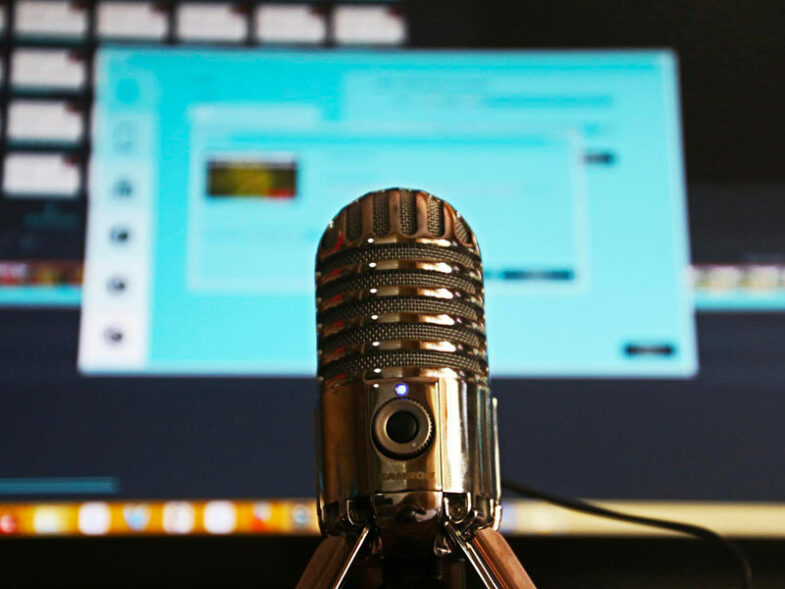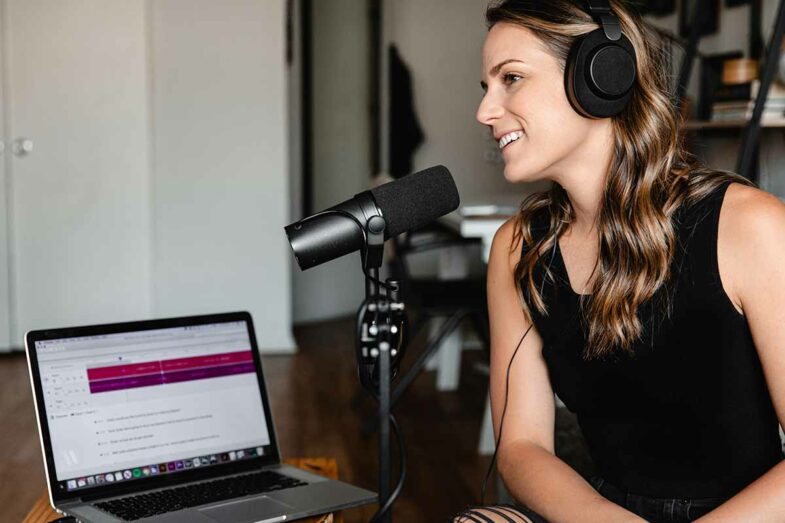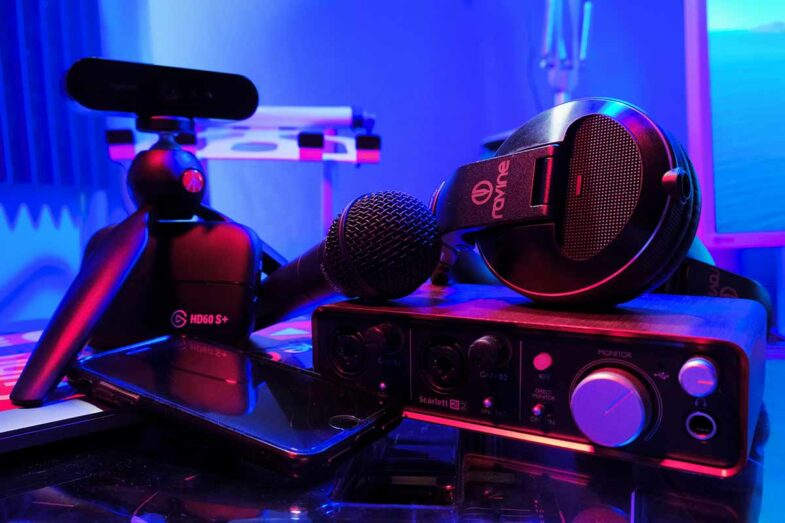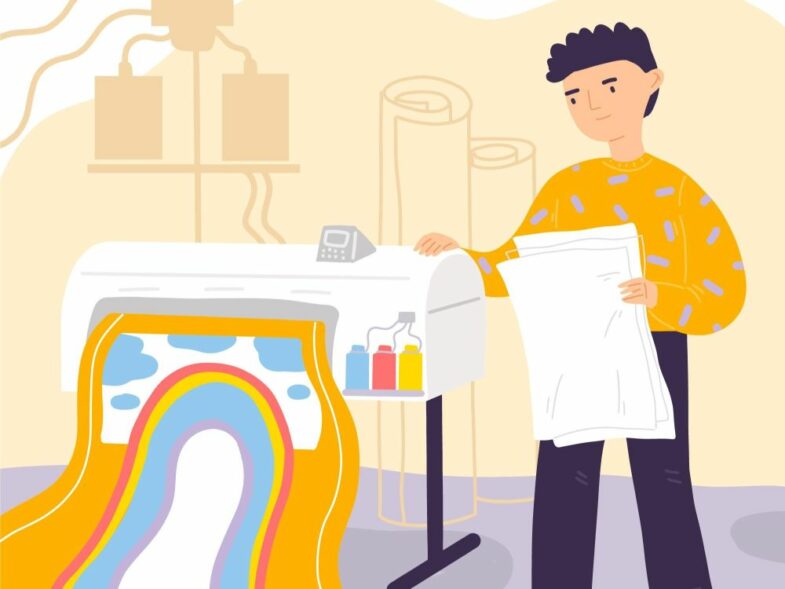With millions of listeners globally, the podcasting industry is a good place to host a podcast by yourself. But starting a podcasting business is different from hosting one on your own, it involves pulling together a team of experts—from hosts to audio engineers—to develop engaging content for others. In this blog, we will look into a few tips for building strong and creating standout content if you are planning to start a podcast business.
Find A Specialized Host
You need to first find a specialized host who knows the topic at hand. They need to be energetic, can connect with the audience, and must have some level of expertise with the theme of the episode.
With the example of the Team Ignition podcast, we could say how important it is to have a host who knows the topic from A to Z. In this case, the host of the aforementioned podcast is preparing content, including interviews with people who are athletes, sportsmen, and adventurers. Apparently, the host herself is a professional athlete. Why is this crucial? This brings a sense of credibility, insightful questions, and authority to attract audiences who value expertise.
Also, the listeners are more likely to be engaged and stay on the podcast if the host is relatable and informed. No one likes a podcast host who just sits there and blurts out nothing – in fact, a significant number of podcast listeners stick around because of the host’s expertise, voice, and personality. So you need to invest in a specialized host – possibly someone who has real-life experience with your topic – to connect with your audience and create a strong foundation for your podcast as a business.
Assemble An Experienced Production Team
The next step on the list is to assemble an experienced production team who knows the ABCs of content quality and production. For starters, you need to look for audio editors, scriptwriters, sound designers, and content strategists.
When hiring audio editors, he/she must be able to manage sound levels, cut unnecessary segments, maintain a consistent sound quality, and be skilled in multiple audio software like Pro Tools or Adobe Audition. For a sound designer, you must collaborate with someone who can creatively use sound effects, music, and transitions to give the podcast a professional edge.
Content strategists are the ones who plan out your episodes and create themes, questions, and more. They also publish content and market your podcast through social media, so you must choose a good content strategist who is experienced in their field.
Invest in High-Quality Equipment
Even with an experienced team, your equipment determines how well your podcast is going to be at the end. Many podcasts fail because of low-quality equipment or production that does not capture sound properly and creates jitters in the video. This creates a negative experience for the viewers and if you are starting it as a business, then be prepared to lose money.
To avoid that, invest in the right, high-quality equipment you can get your hands on. You can start with a quality microphone, like the Shure SM7B or Audio-Technica AT2020, which are popular options among podcast businesses.
You need to also make sure your room or the environment you are in is soundproofed. This is important to minimize background noise and echo. You can use foam panels, isolation shields, or even portable sound booths to soundproof your podcast space. You can also use portable recorders like the Zoom H6 if you conduct interviews outdoors for more flexibility.
You should also invest in high-quality editing software like Adobe Audition, Audacity, or GarageBand. These professional tools have an array of features that can help with sound edits, music overlays, and voice modulation.
Use A Strong Marketing Strategy
Your podcast needs a good marketing strategy, just like with any other business. You need to look out for both organic growth and paid advertising channels. It all depends on your marketing budget and goals for your business.
You can also try collaborating with other podcasts in your niche and promote their content as well to receive a shoutout towards your podcast. It all starts with driving traffic to your podcast at first, with converting them later to long-term listeners or paying members.
You need to also make your podcast visually attractive with amazing visuals in the form of cover art or teaser videos. This is especially beneficial in getting clicks from social media – 43% of podcast listeners discover new shows through social media.
To Wrap It Up
Starting a podcast as a business doesn’t have to be a big challenge; it starts with selecting the right team to investing in the highest quality equipment to make sure your podcast prides itself in quality. You need to make sure that your team is specialized and does their parts well to make sure it becomes profitable in the end.
